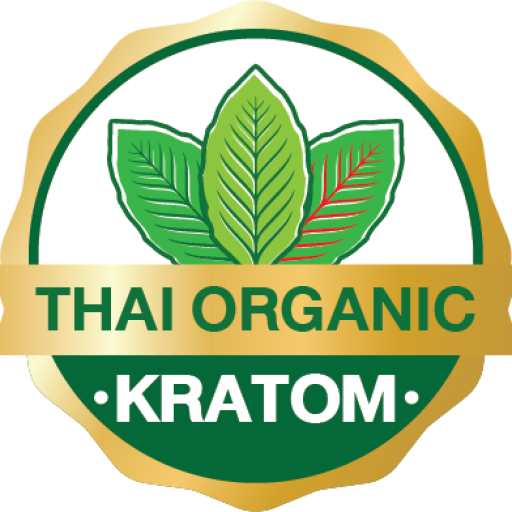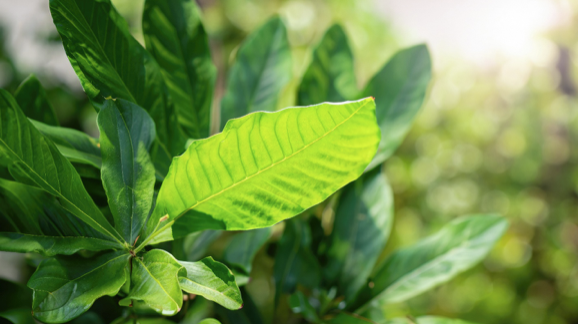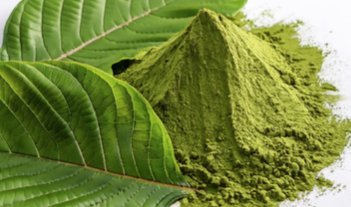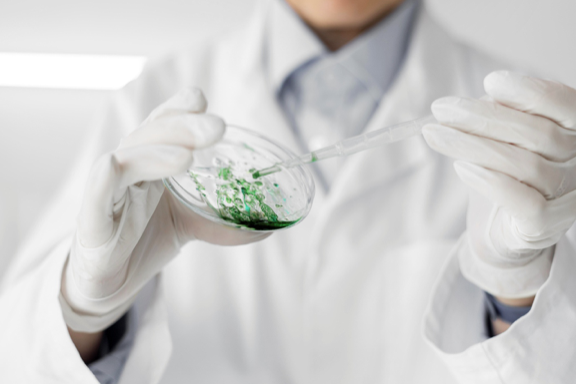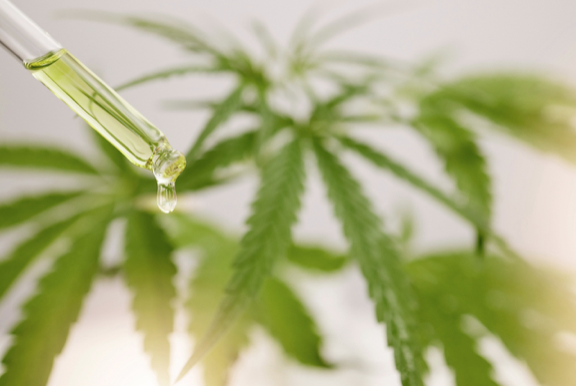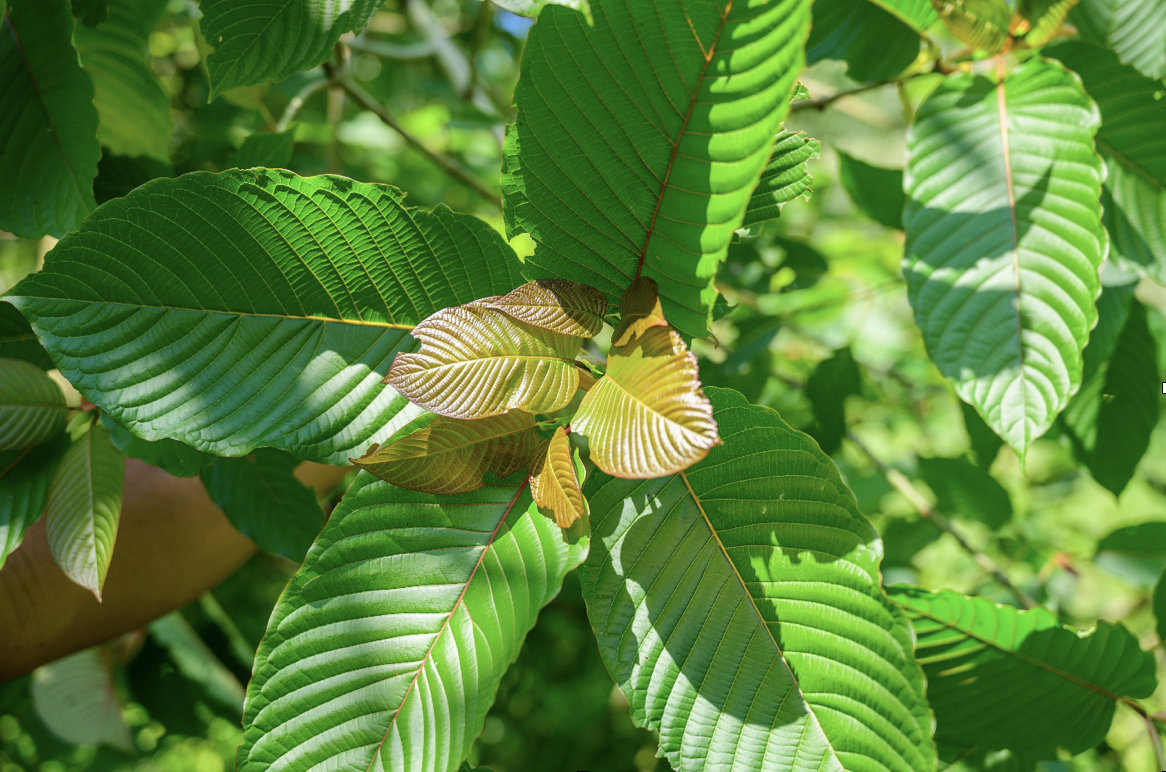
Kratom (Mitragyna speciosa) has long been a part of traditional Thai culture, but in recent years it has gained global attention as a promising herbal ingredient for health and wellness. The key question, however, has always been: How much is safe, and in what form can it be used?
To address this, the Thai Food and Drug Administration (FDA) has released clear guidelines on the allowable levels of mitragynine, the primary active compound in kratom leaves, for use in dietary supplements and herbal products.
Supplements vs. Herbal Products: Clear Limits
- Dietary Supplements: Up to 1 mg/day mitragynine
- Herbal Products: Up to 3 mg/day mitragynine
Dietary supplements are designed for safe, daily use, while herbal products allow higher potency for stronger functional benefits.
Conditions Manufacturers Must Follow
- Only water extracts or decoctions of kratom leaves may be used.
- Products must be in ready-to-consume forms such as capsules, tablets, or liquids.
Labeling & Warnings
- Do not use continuously for more than 7 days.
- Not suitable for children, pregnant, or breastfeeding women.
- Avoid combining with alcohol or other kratom-containing products.
Quality Standards
- Production under GMP and HACCP systems.
- Testing for heavy metals and microbial safety.
- Accredited laboratory analysis of mitragynine content.
Export & Market Readiness
For exports, compliance with U.S. FDA cGMP (21 CFR Part 111) or EU-equivalent standards is essential to ensure credibility and market readiness.
Disclaimer
Note: This information is for educational purposes only. Always verify with the latest Thai FDA announcements and consult compliance experts before product launch.
